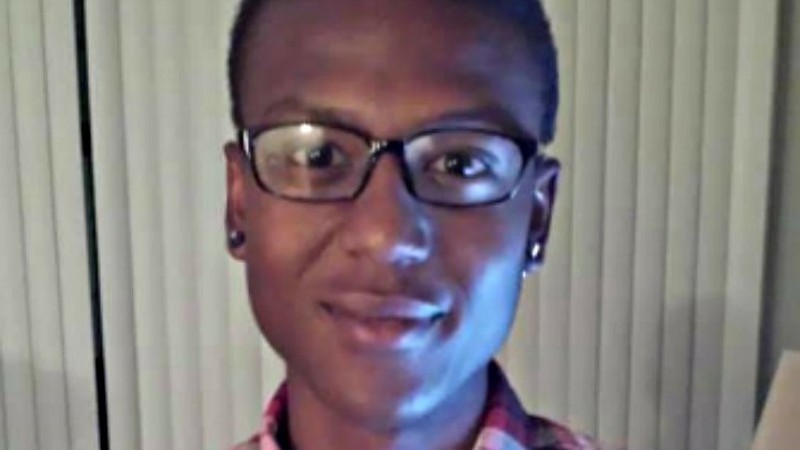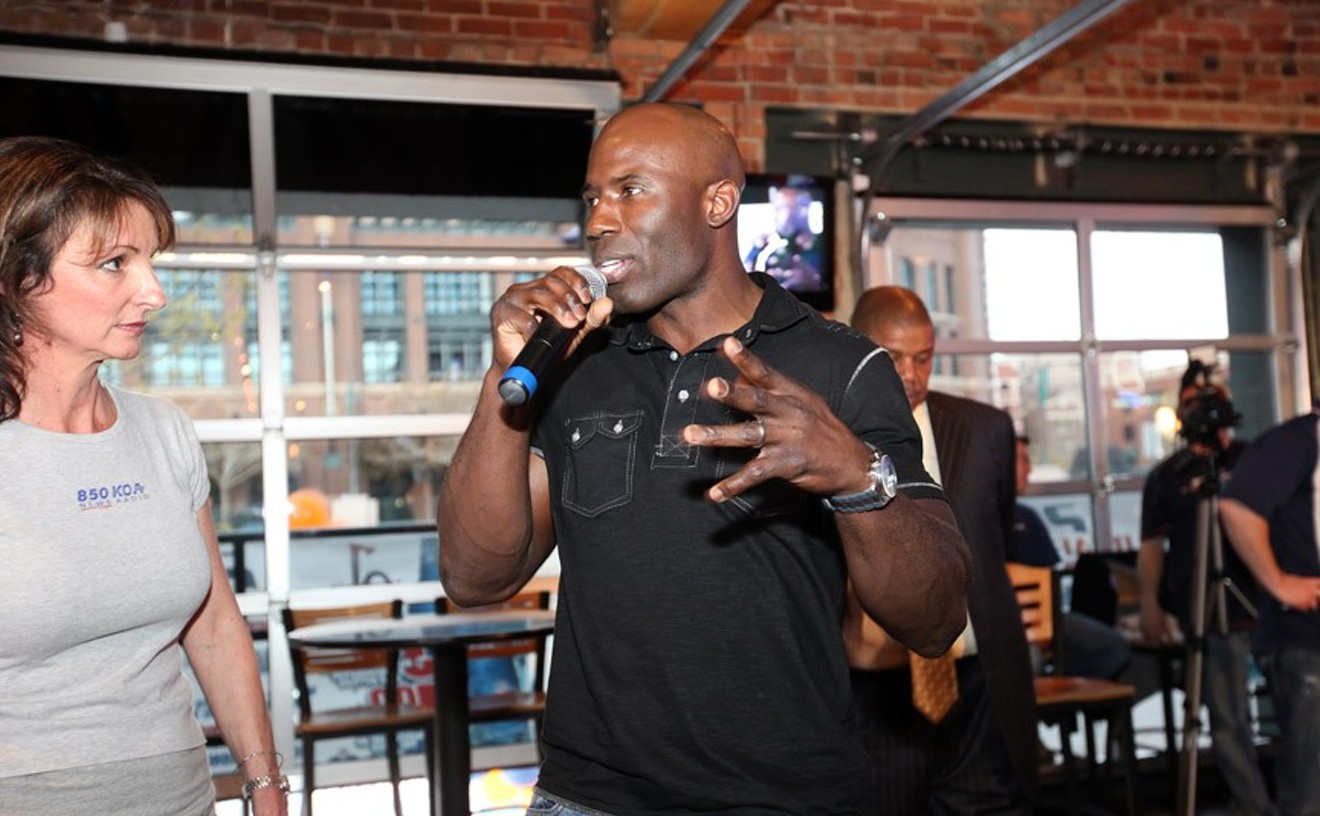No, it wasn't the determination that the officers involved hadn't violated departmental rules and regulations during the incident. And neither was it the delay of more than five months before sanctioning their actions or the low-key nature of the news's roll-out — social media links to a brief, three-paragraph response largely devoid of details.
So what was unexpected? The development was shared late on a Thursday afternoon rather than a Friday, traditionally the time to bury unpleasant or controversial information.
Aurora chose a Friday last November to release McClain's "undetermined" autopsy report, as well as the Friday before Thanksgiving week, a period during which current events tend to be placed on the back burner in favor of food, family and anticipation of a day off, to stage a press conference confirming that prosecutors had decided not to press any criminal charges.
Otherwise, Aurora followed the usual playbook with the most recent news, and its approach incenses Mari Newman, an attorney for Denver-based Killmer, Lane & Newman, LLP, who represents McClain's family. Her statement about the determination reads in part, "Aurora keeps promising 'transparency,' but [Thursday's] late hour press release is yet another example of Aurora doing its best to keep Elijah’s family and the community in the dark. We are disappointed, but not surprised, that once again, Aurora has condoned its officers’ killing of an unarmed black man."
Here's the item the Aurora police shared under the heading "Critical Incident in the 1900 Block of Billings Street:"
On January 28, 2019, the Force Review board (FRB) convened to review the Elijah McClain critical incident in accordance with directive 3.3.7. The Force Review Board (FRB) consists of a body of sworn officers that reviews incidents involving an officer’s use of any weapon to overcome a subject’s resistance, or when a subject is injured by an officer’s application of force which requires medical treatment. Additionally, the FRB can convene to review any incidents deemed necessary by the Aurora Police Department Executive staff. The FRB reviews these cases for compliance with applicable state statutes and department directives, as well as any training deficiencies.
Based on all the available information the FRB concluded that the officers were called to the area to investigate a suspicious person. Officers had a lawful reason to contact Mr. McClain. The force applied during the altercation to include the carotid control hold and the force applied during the altercation was within policy and consistent with training.
"The loss of Mr. McClain’s life is tragic, and we continue to offer our deepest condolences to his family, friends, and all those impacted by this loss." — Chief Vanessa Wilson

At an October 2019 rally, attorney Mari Newman spoke alongside Elijah McClain's family members and representatives of the Greater Metro Denver Ministerial Alliance, among others.
Michael Roberts
"That's something missing from the DA's letter — the fact that all three of the hands-on officers were able to shed their body cameras," Newman told us in the wake of the press conference. "And we know it's not an accident. At one point, when one of the cameras was picked up, you can hear on the video somebody say, 'Move the camera, dude.' The DA's letter never mentioned that, even though that in and of itself is illegal tampering with evidence. On that evidence alone, the officer should have been charged."
Likewise, she went on, "the letter relies on an erroneous legal standard to try to create a false impression that there was legal justification to stop and frisk Elijah in the first place. The DA analyzes the officers' conduct using a 'reasonable suspicion' standard, even though the 911 caller was clear that he was not reporting criminal activity. Elijah had no weapon, and no one was in danger. Police had no reasonable suspicion that Elijah had committed any crime, so there was no legal justification to either stop or search him."
Also absent from the DA's letter, Newman pointed out, was "any reference at all to the officer who threatened to bring in a dog to attack Elijah as he was laying on the ground, fully handcuffed and vomiting, because he wasn't being still enough."
There's little suspense about what will happen next. Newman told us in November that after the completion of the departmental review, "we'll start drafting a federal civil-rights lawsuit."
Years from now, this complaint may very well be settled by way of millions in taxpayer dollars. Meanwhile, Newman sums up her take on the officers' exoneration in five blunt words: "The community should be horrified."
One more thing: In November, newly elected Aurora Mayor Mike Coffman said that looking into the McClain matter would be his first priority upon taking office. Thus far, Coffman hasn't weighed in on the latest, fully anticipated turn in the case.












